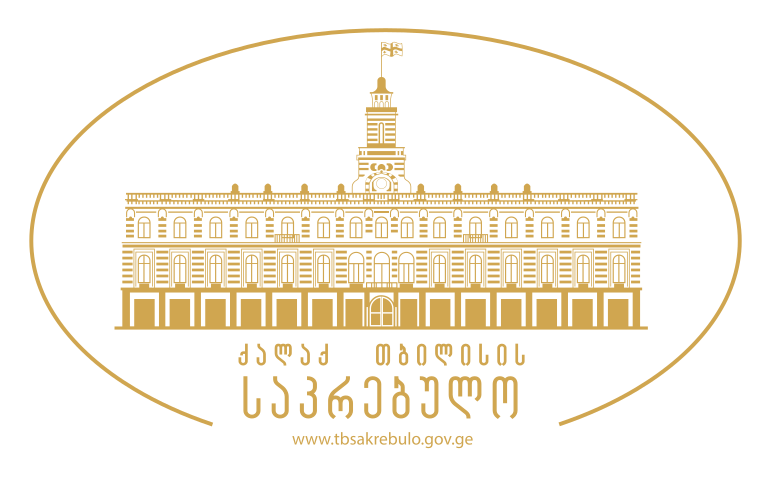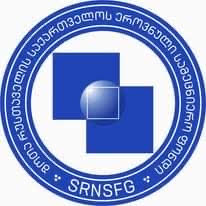032- Translation of Differences: Lost in Translation, Found in Translation
Organized by: Korean Comparative Literature Association. Prof. Hyung-jin LEE
English
Panel descriptions:
Comparative literature seeks to cross the linguistic and cultural boundaries and broaden experiences and perspectives of the Other, and its goal is to be achieved through various kinds of inter-lingual and inter-semiotic translational approaches. As priority is given to the ethical and metaphysical values of literary translation due to its inherently required nature of ‘simulacrum’, differences often end up becoming either something bridgeable or concealable in translation. Under the circumstances, literary translation is likely bound to become a losing game as it is technically unable to replicate the original completely. However, as a still-life painting generates its unique values without replicating the object in precisionism style, literary translation should be able to generate something valuable only to be found in translation, instead of being traumatized by something lost in translation. This session intends to explore a wide spectrum of the nature of ‘lost and found’ in literary translation and would like to ask about the ontological meaning of ‘identicalness’ in translation. How do you read translations?
*Keywords: translation, simulacrum, lost and found, creation
Presenters and Abstracts
-
Hyung-jin LEE (Sookmyung Women's University, KOREA, jinlee@sookmyung.ac.kr)
Title of paper: Survival of Cruelty and Fear in Literary Translation
- Moon-Jung PARK (Hankuk University of Foreign Studies, mjss3002@hanmail.net)
Title of paper: Translating Untranslatable Emotion: Tabucchi’s saudade
- Keun-Hye SHIN (Hankuk University of Foreign Studies, shin@hufs.ac.kr)
Title of paper: Between Direct Translation and Indirect Translation: A Comparative Study of the Thai translation of the Korean Novel <Please Look After Mom>.
The Project was supported by Shota Rustaveli National Science Foundation of Georgia (SRNSFG) [grant number MG-ISE-22-170]

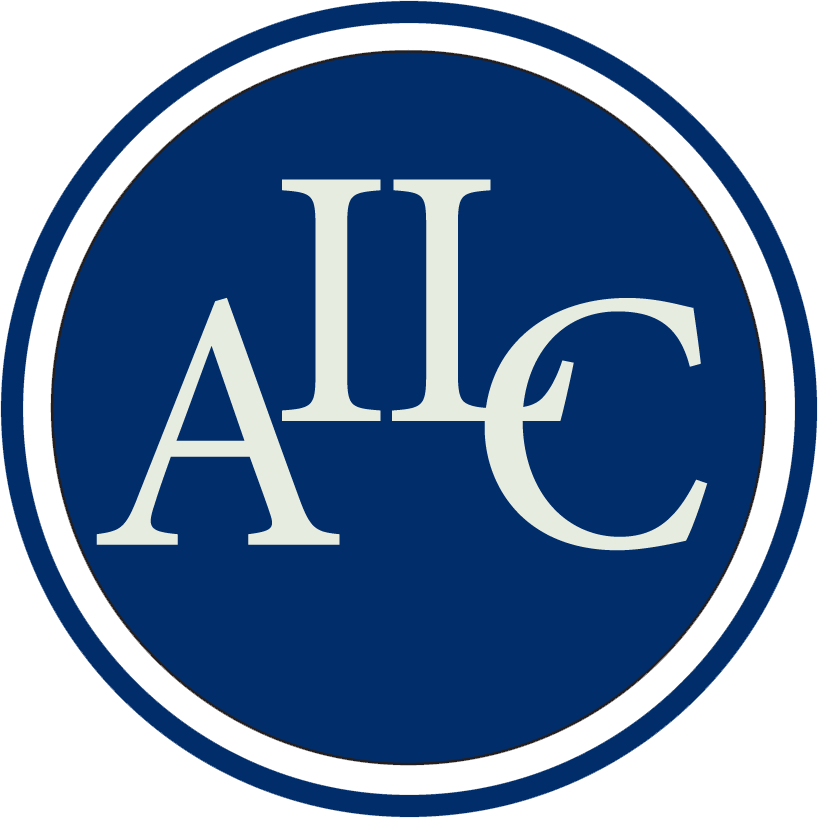
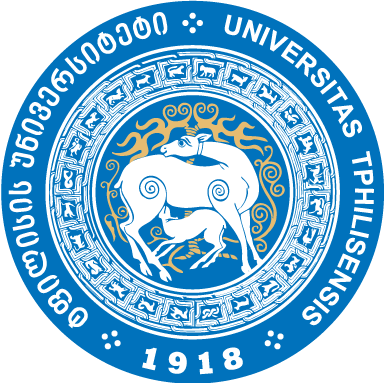

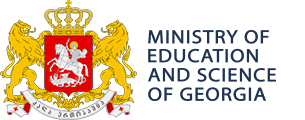
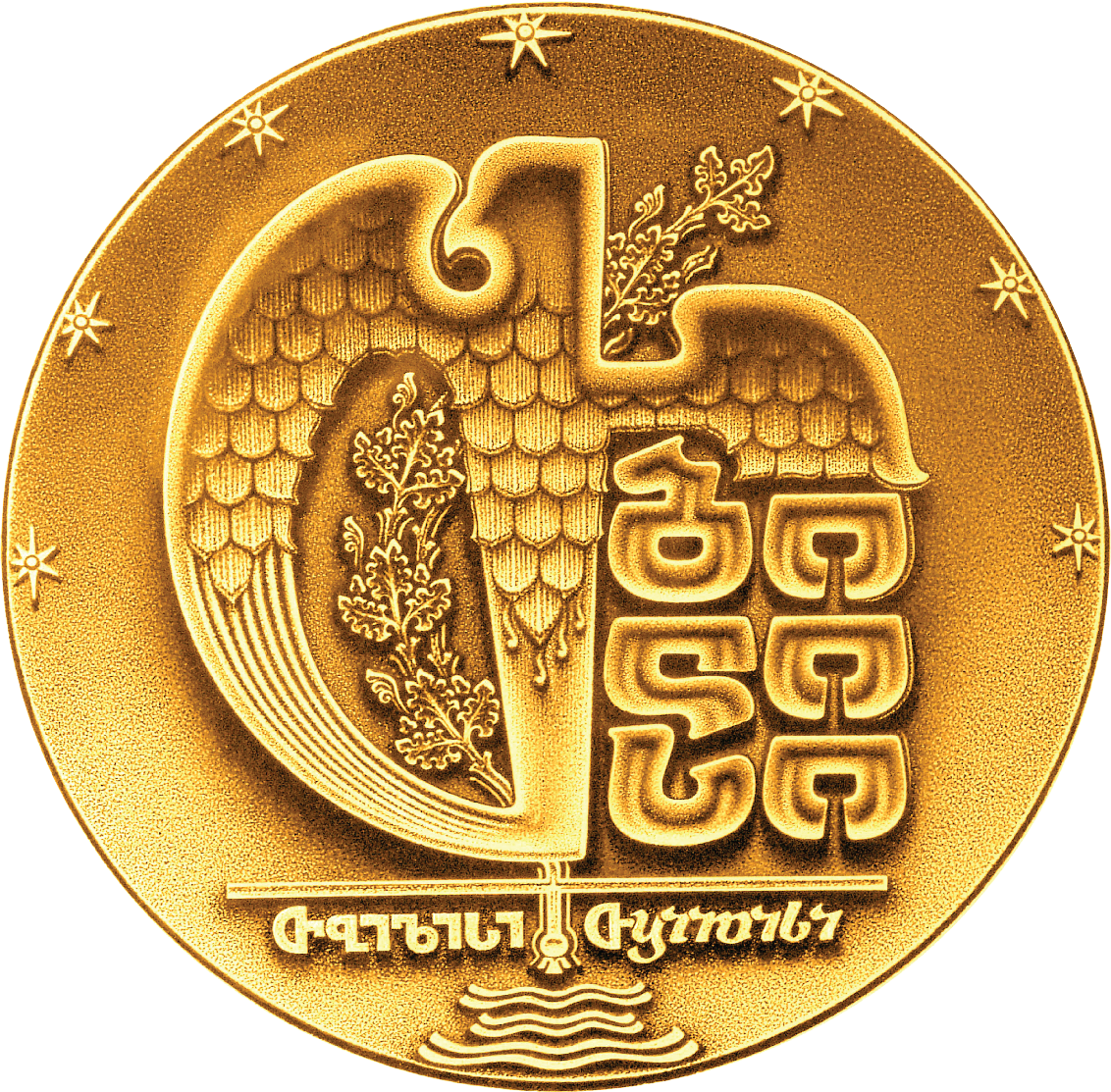

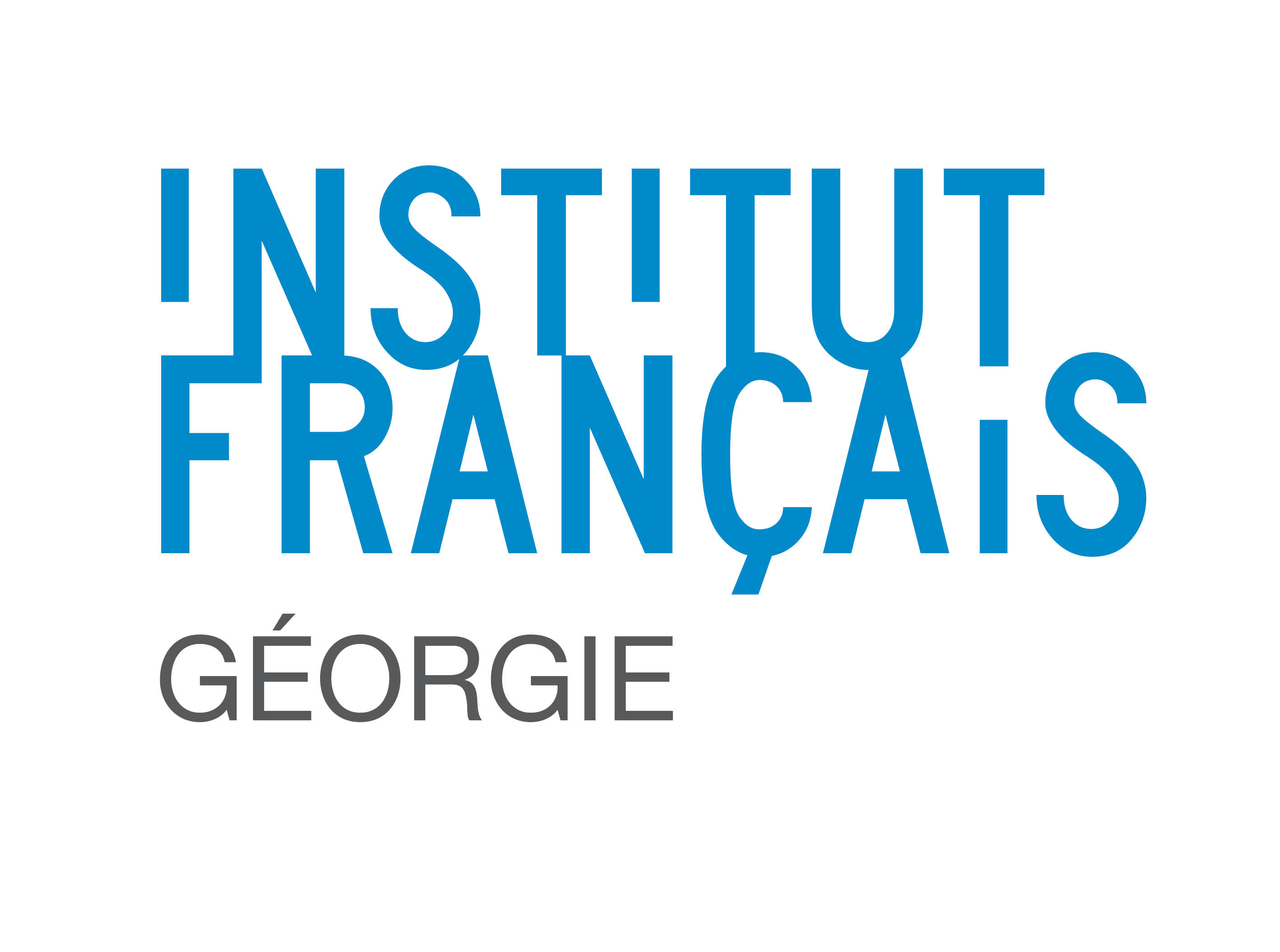


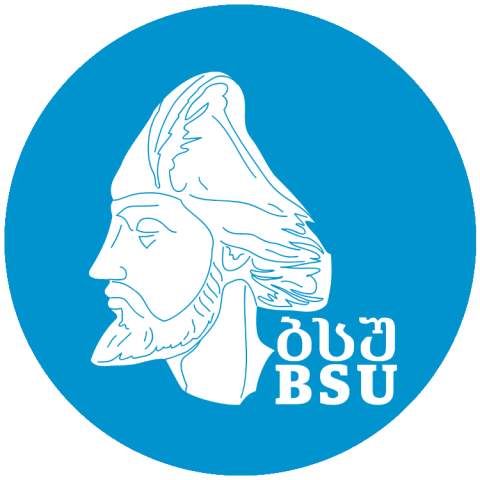

_001.png)

